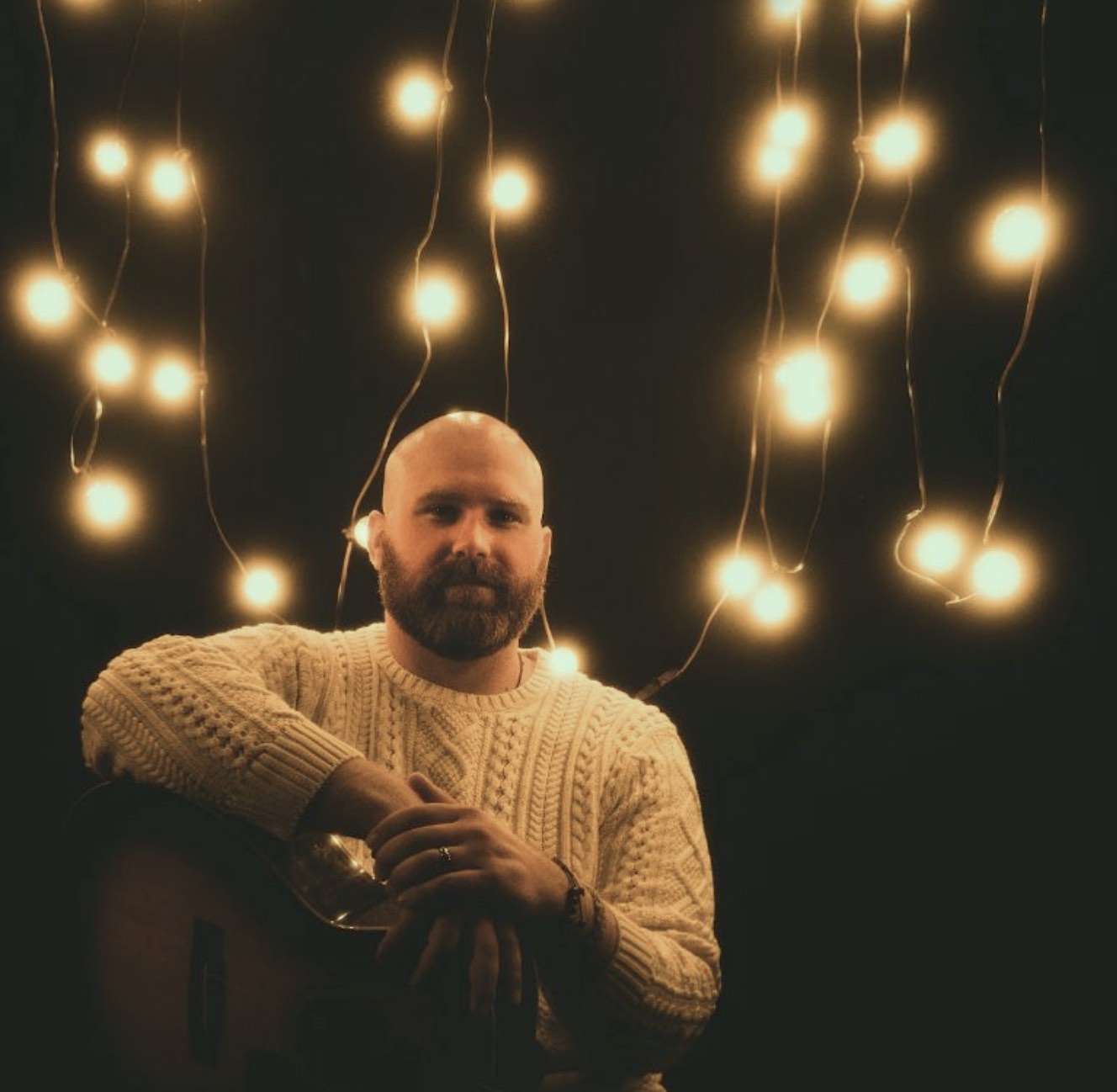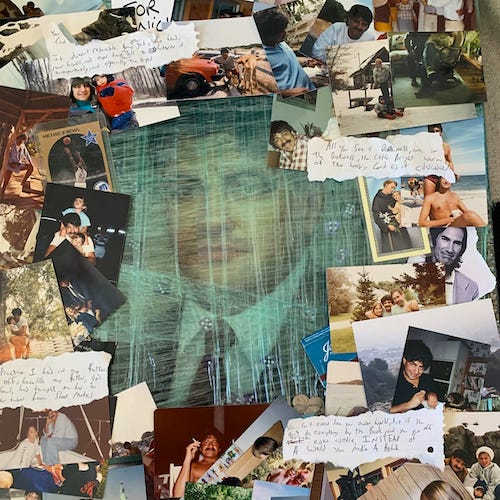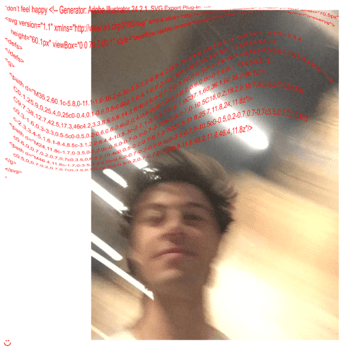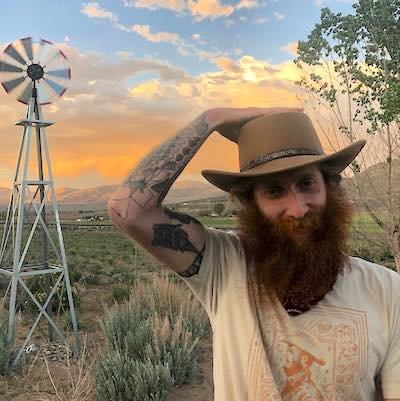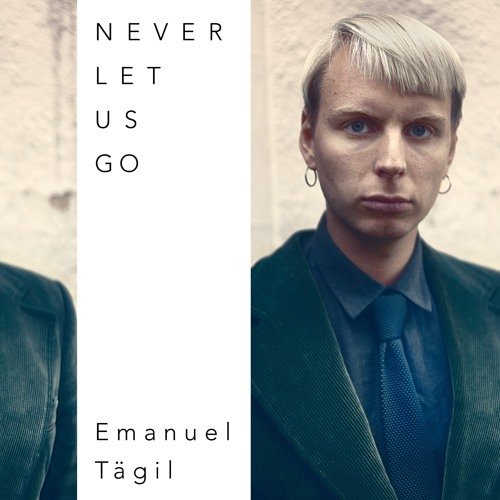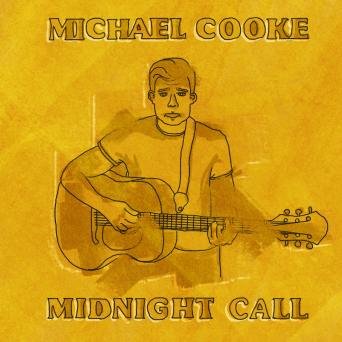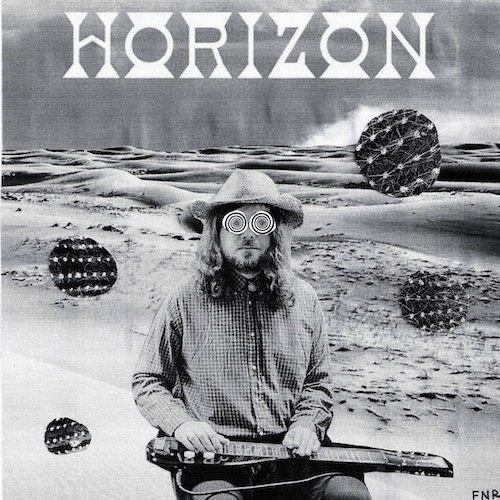PORTLAND, Maine – DIY musician and singer/songwriter Andrew LaVogue, originally from Northeast Ohio, now lives along the rocky New England…
Category: Artist Spotlight
Artist Spotlight: U.K. alt. pop with Rosesleeves
A self-taught producer since age 11, Rosesleeves (aka Sabrine Alsalih) is a 17-year-old musician and songwriter in the U.K. Influenced…
Artist Spotlight: Nick County’s ‘A Colorful Corner of Northeastern Pennsylvania’
Recently we came across the fascinating indie folk/alt country music of Miami musician Nicolas Mencia who uses the moniker ‘Nick…
Artist Spotlight – Von Mikel
Von Mikel is a Mexico-based indie music project of songwriter Santiago Mikela. He’s dropped a few dream-pop singles throughout 2021…
Folk Artist Spotlight: Andreas Owens
Recently another blogger friend introduced us to the folk musician Andreas Owens. Based in California, Owens took some time away…
Artist Spotlight – Al Berkowitz
A few years ago we were introduced to the wonderful music of Madrid DIY art-rock band Al Berkowitz. One of…
Artist Spotlight: Americana Musician Charlie Marks
Nevada is not usually known as a place where Americana/folk music thrives. But Reno-based musician Charlie Marks is setting out…
Artist to Watch: London’s art-pop project Zoee
Flaw Flower by Zoee Zoee is the art-pop project of London-based musician Harriet Zoe Pittard. “No Great Endings” is a…
Artist Spotlight: Emanuel Tägil
One of the many compelling new DIY artists we’ve heard in recent years is the experimental singer/songwriter and multi-instrumentalist Emanuel…
Album Review: Michael Cooke’s ‘Midnight Call’
Midnight Call is the newest album by Scottish singer-songwriter Michael Cooke. The record is Cooke’s follow-up to Doin Alright, an…
Artist Spotlight: Gwenifer Raymond and finger-picking good ‘clawhammer’
by Kitty Empire Islington Assembly Hall, London The Welsh guitarist’s awe-inspiring technique and intense musicality made a transporting first gig…
Artist Spotlight: Misha Panfilov and his amazing instrumental music
If you haven’t heard the music of Misha Panfilov yet, here’s your chance. The new single, “Horizon” from rising European…
